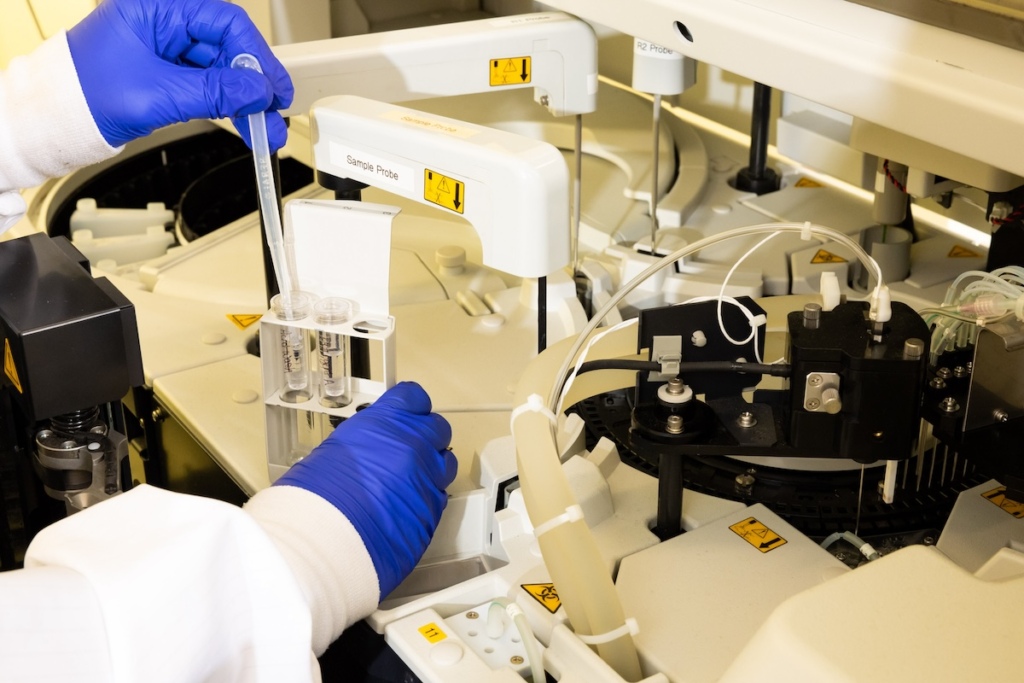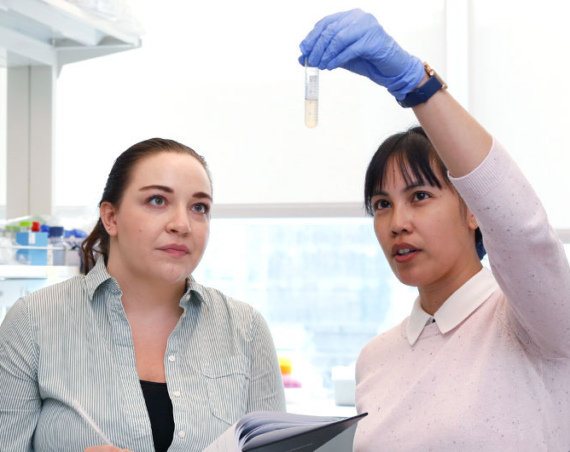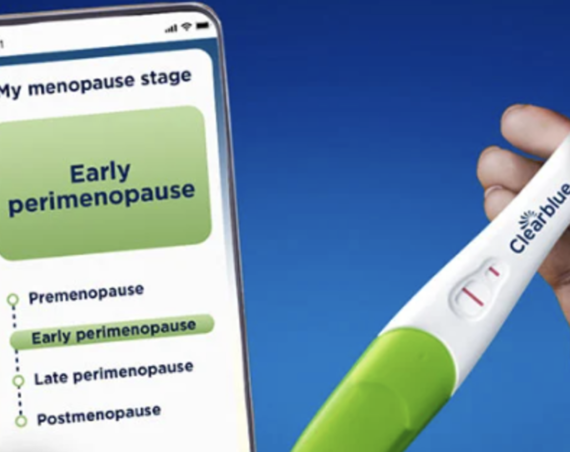
Metabolon, recognized for its contributions in metabolomics, has recently been awarded a grant by the National Institute of Health (NIH). This funding will go towards the development of a more accurate diagnostic test for polycystic ovary syndrome (PCOS).
An estimated 8-13% of women are affected by PCOS, yet up to 70% remain undiagnosed. Metabolon’s project, backed by the NIH grant, seeks to identify specific metabolite biomarkers for PCOS. The goal is to improve the classification of patients based on disease subtypes, thereby enabling more targeted treatment approaches.
The traditional methods for diagnosing PCOS involve pelvic exams, blood tests for hormone testing, glucose tolerance, and lipid measurements. Metabolon’s unique global platform could provide deeper phenotypic insights into PCOS from a single sample, aiming to define subtypes of the condition with greater detail.
Adam Kennedy, Associate Director of Research and Development at Metabolon, highlighted the current diagnostic challenges: “PCOS is diagnosed using the Rotterdam criteria, developed based on expert opinion rather than objective criteria. This diagnostic algorithm likely misclassifies or outright misses a lot of cases.” He emphasized the potential of Metabolon’s work to update PCOS diagnostic guidelines using advanced metabolomics science.
The project spans the next 12 months, with Metabolon committed to sharing their findings through publications and presentations at key conferences. This initiative is part of a broader strategy to leverage the NIH grant’s success and prepare for future grant applications. Metabolon’s ambition is to continually innovate and contribute significantly to metabolomics, ultimately benefiting those affected by PCOS.



